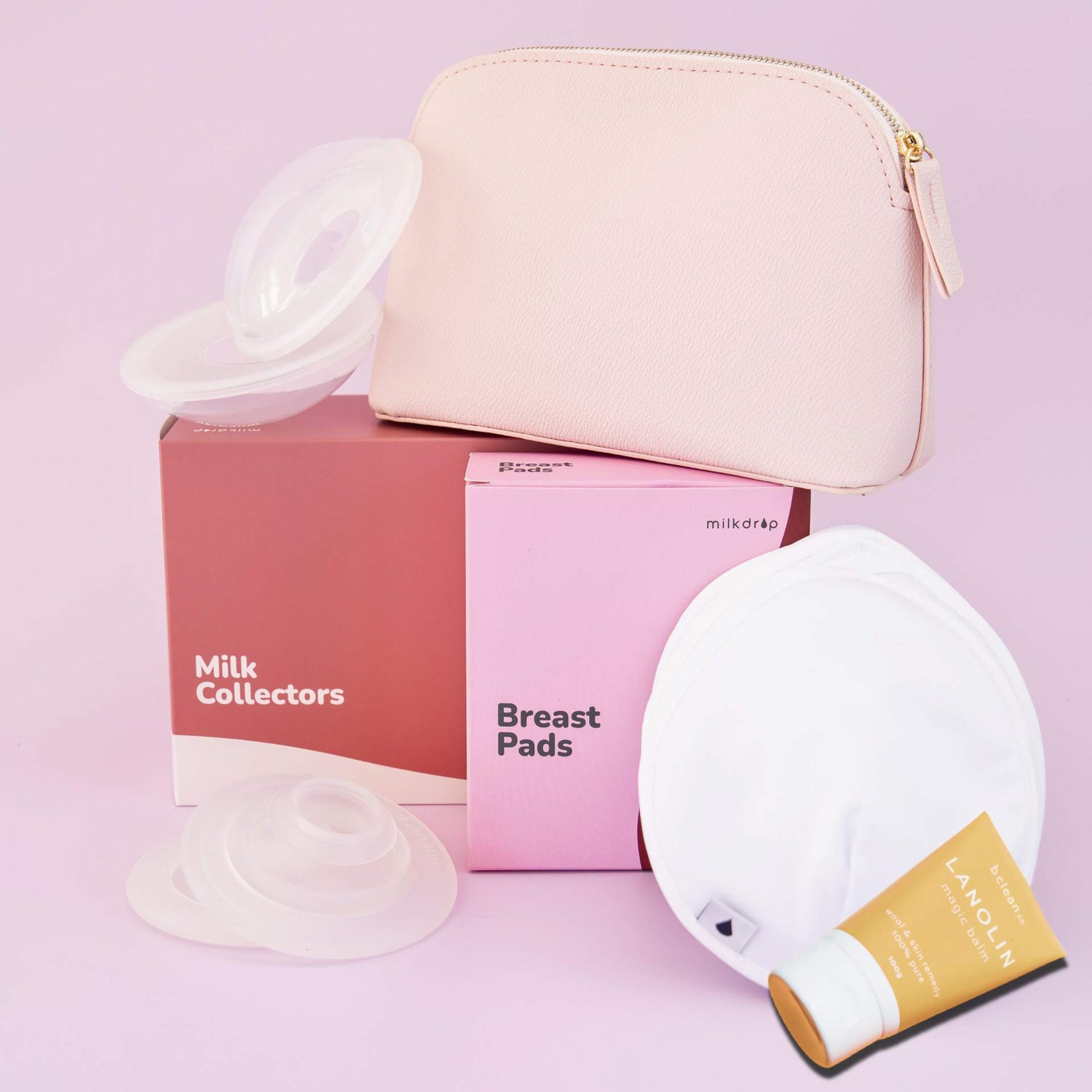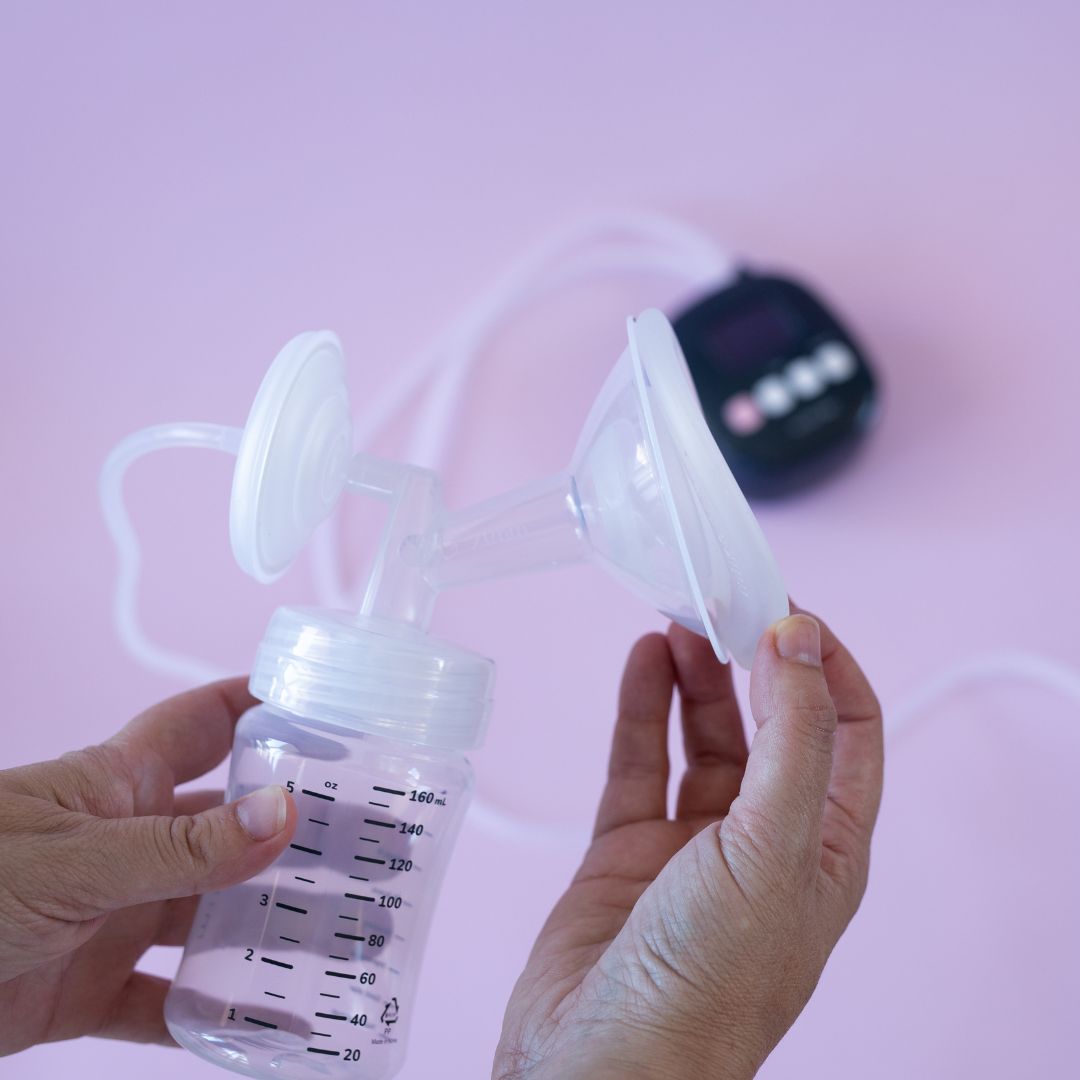From the moment you shared the news of your pregnancy, you were no doubt inundated with an abundance of helpful advice.
There sure is a lot of information out there for new mothers, so we wanted to sift through some of it and separate the myths from the facts. Are you concerned that your breasts aren’t big enough to provide a plentiful amount of milk? Or has a well meaning relative insisted you should give up coffee until your baby weans? As a fatigued mother, you should want to fact-check that sort of claim!
Below, we set things straight.
Myth: The amount of milk you make depends on your breast size
Your breast is made up of all different kinds of things; such as fat, glandular tissue and milk ducts. In 2005, researchers used ultrasounds to study the lactating breast. They found no link between the size of the breast and the amount of milk produced.
Further, they also found no link between milk supply and the number of milk ducts, the diameter of those ducts or the amount of glandular tissue. Even the “‘storage capacity” (how much milk a breast can hold at one time) does not affect the amount of milk made.
Myth: Your baby needs to be reaching your hindmilk in order for them to receive the fat they need
This idea came from a study in the 1960s, when they looked at the milk fat content from one woman expressed with a breast pump. She had a higher fat content in the second half of her pump, than in the first half of her pump. This may have been true from her, but this idea doesn’t translate to everyone every time. More recent research has found that actually fat content is more to do with how quickly your baby or pump can remove milk from your breast.
Myth: You need to ‘save’ up your milk supply
The best way to produce more breast milk is to remove milk from the breast - supply and demand! So the notion that you need to preserve milk in the breast to build up an adequate amount for a feed is completely incorrect. Myth busted.
Myth: Drinking more water will increase your milk supply
Beyond being adequately hydrated, drinking more water won’t necessarily increase your milk supply. A Cochrane review from 2014, summarised the studies looking at whether more water will increase milk supply. They found that there was not enough research in the area (ugh, as usual), but that there also wasn’t enough evidence to support that more water produced more milk.
Now, drinking more water, as long as it is not to excess, is unlikely to cause harm. But it also might distract you from what will actually help to create more milk, which is….. pumping or nursing more frequently to remove milk from your breast.
Myth: Physical activity will decrease your milk supply
We all know that exercise has excellent benefits for your health; both physically and mentally. But you may wonder if exercising too hard can affect your milk supply. Thankfully, this does not appear to be the case.
There has been a fair bit of research into this; possibly because the benefits of exercise are so good that we want to encourage it, while also encouraging breastfeeding. In summary, research has found that moderate exercise has no effect on how much milk you produce, the immune factors in your breast milk, minerals in your breast milk, or nutrients in your breast milk.
Overall, all we can determine is that exercise helps the mother to be healthier!
Myth: Stress or worry will decrease your milk supply
Thankfully, given how much stress many of us are under after having a baby, it appears that there isn’t a link between stress and milk supply. BUT, stress might affect your behaviour. For instance, you might nurse or pump less when you’re stressed, which would affect your milk supply. The human body is complicated, especially when stress is involved. This area definitely needs more research.
Myth (sort-of): Breastfeeding makes you lose weight
Like most myths, this one does start with a grain of truth. A study from 2014 found that women who breastfed did lose more weight than women who didn’t. Unfortunately, the amount of weight they lost was only 1.45kg (or 3.2 pounds).
So… breastfeeding may help somewhat, but exercise and eating well are still your best options.
Myth: Drinking coffee and pumping will make your baby sleep less
Thankfully, this has been proven to be untrue. If anyone needs a lovely cup of coffee in the morning, it is us mothers!
Have you heard these myths before? Set the record straight with your breast friends and share this article!



